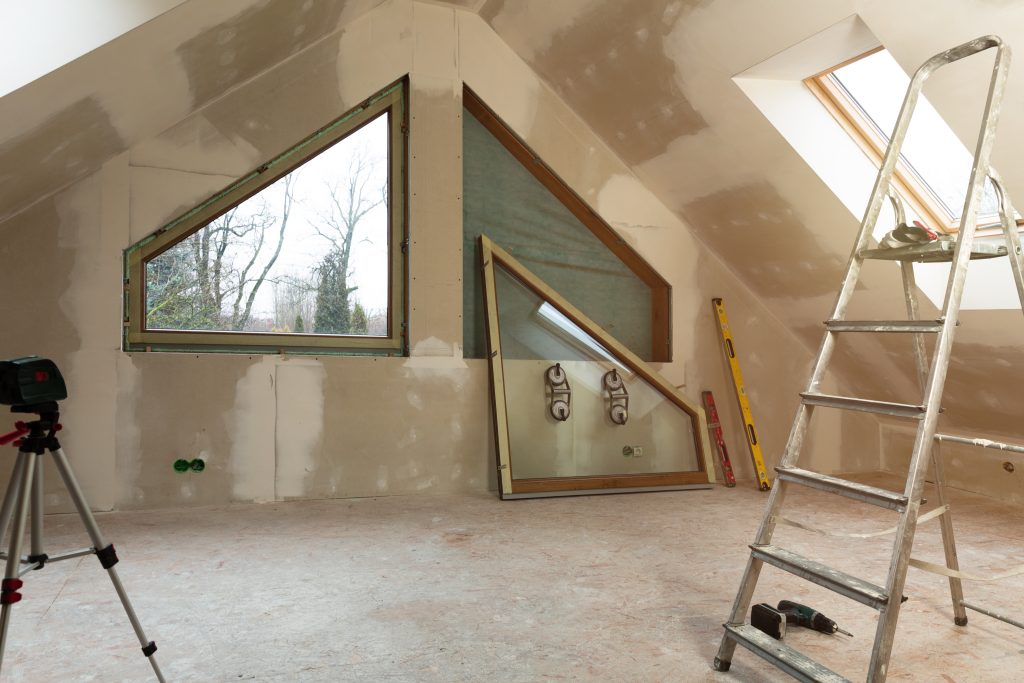Understanding the intricacies of Attic HVAC ductwork tips is essential for homeowners and real estate developers aiming to maintain an efficient home climate. With the HVAC system playing a pivotal role in regulating temperature and air quality, ensuring that the ductwork in your attic is optimized can lead to significant energy savings and improved comfort. In this comprehensive guide, we will explore valuable tips and insights that will help you enhance your attic’s HVAC system.

The Importance of Ductwork in Your Attic
Ductwork is a critical component of any HVAC system, acting as the arteries that distribute conditioned air throughout your home. In attics, where temperatures can fluctuate drastically, ensuring that your ductwork is properly installed and maintained becomes even more crucial.
Why Attic Ductwork Matters
Attics are often exposed to extreme temperatures, making them a challenging environment for HVAC systems. If ductwork is not adequately insulated or sealed, it can lead to energy losses and increased utility bills. Proper ductwork ensures efficient airflow and consistent temperatures throughout your home.
Choosing the Right Materials
When it comes to Attic HVAC ductwork tips, selecting the right materials is paramount. Different materials offer varying levels of insulation, durability, and cost-effectiveness. Here are some options to consider:
Metal Ducts
Metal ducts are a popular choice due to their durability and ability to withstand high temperatures. They are less prone to leaks and can provide excellent airflow if properly sealed.
Flexible Ducts
Flexible ducts are easier to install and can fit into tight spaces. However, they may require more frequent maintenance to prevent kinks and ensure optimal airflow.
Proper Insulation for Maximum Efficiency
Insulating your attic ductwork is crucial for minimizing energy losses and maintaining consistent temperatures. Proper insulation helps reduce heat gain in the summer and heat loss in the winter, enhancing your HVAC system’s efficiency.
Types of Insulation
Common insulation materials include fiberglass, foam board, and reflective foil. Each has its own advantages, and the choice depends on your specific needs and budget.
Sealing Ductwork to Prevent Leaks
Duct leaks are a common issue that can significantly impact your HVAC system’s performance. Sealing ductwork is one of the most effective Attic HVAC ductwork tips to ensure efficient airflow and prevent energy losses.
Methods for Sealing Ducts
Using mastic sealant or metal tape can effectively seal leaks in metal ducts. For flexible ducts, ensure connections are secure and use zip ties or clamps.
Regular Maintenance and Inspection
Regular maintenance is key to keeping your attic’s HVAC system in top condition. Schedule periodic inspections to identify and address any issues promptly.
DIY vs. Professional Maintenance
While some maintenance tasks can be done by homeowners, hiring a professional ensures a thorough inspection and proper repairs, especially for complex systems.
Optimizing Airflow and Ventilation
Proper airflow and ventilation are crucial for maintaining indoor air quality and preventing issues like mold growth. Ensure that vents are unobstructed and airflow is balanced throughout your home.
Balancing Airflow
Adjusting dampers and registers can help balance airflow and maintain consistent temperatures in different rooms.
Energy Efficiency and Cost Savings
Implementing Attic HVAC ductwork tips can lead to significant energy savings and lower utility bills. By optimizing your system’s efficiency, you can enjoy a more comfortable home while reducing your environmental impact.
Investing in Energy-Efficient Upgrades
Consider upgrading to energy-efficient HVAC systems and components to maximize savings and enhance your home’s sustainability.

Frequently Asked Questions
What are the signs of ductwork issues in the attic?
Signs include inconsistent temperatures, higher energy bills, and unusual noises coming from the ductwork.
How often should attic ductwork be inspected?
It’s recommended to inspect attic ductwork at least once a year to ensure optimal performance.
Can I seal ductwork myself?
While minor leaks can be sealed by homeowners, it’s best to hire a professional for comprehensive sealing and repairs.
For more information on enhancing your attic space, visit Dave Fox Design Build Remodelers.
Explore more attic-related projects and ideas at Bruce Massey Construction.
This article contains affiliate links. We may earn a commission at no extra cost to you.




